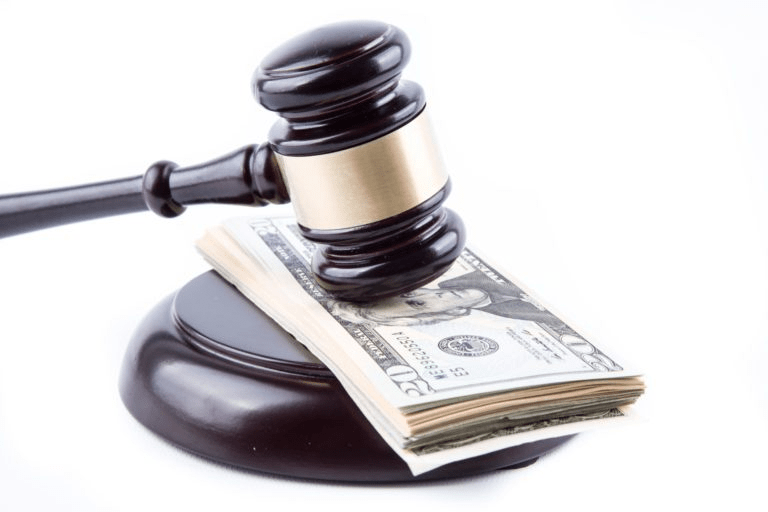On Thursday, November 7th, the Institute for Human Rights co-sponsored an event alongside Students for Human Rights at UAB to present representatives from Alabama Appleseed Center for Law & Justice. During their lecture and discussion with audience members, they addressed how racial inequality and systemic poverty influence court debts as well as what we can do to change the status quo.
Alabama Appleseed, and its 17 other offices across North America, work at the intersection of the legal system and systemic poverty. Helping to confront a system that harms impoverished and minority communities by placing them in an endless cycle of punishment, Alabama Appleseed employs a research and policy reform approach to highlight such inequalities.
They first addressed this issue by covering the racial wealth gap which can be told through the legacy of slavery, convict labor, redlining, school segregation, and hiring discrimination that has economically disadvantaged many communities of color, namely Black Americans. Thus, in present day, the poorest 20% of Whites have an average $15,000 in wealth, while the poorest 20% of Blacks have a mere average $100 in wealth. As a result, receiving a fine can increase existing household costs, develop exorbitant interest rates, and even land one in jail if unpaid, meaning Black Americans are disproportionately affected by the looming threat of court debts.
In response, Alabama Appleseed sought to give this issue greater context by employing a statewide study, titled Under Pressure, which includes personal experiences with court debts from 980 Alabamians representing 41 counties (56% of respondents were Black). Some of the main findings were:
- 83% gave up necessities like rent, food, medical bills, car payments, and child support, in order to pay down their court debt
- 50% had been jailed for failure to pay court debt
- 44% had used payday loans to cover court debt
- 80% borrowed money from a friend or family member to cover their court debt
- Almost 2/3 received money or food assistance from a faith-based charity or church that they would not have had to request if it were not for their court debt

They went on to address some anecdotal accounts such as people paying someone else’s court debt even though having their own and missing court dates that were scheduled while incarcerated. These findings suggest that impoverished and minority communities in Alabama must maneuver around isolated court systems that don’t communicate with one another, which further places them into a cycle of poverty and looming punishment. Furthermore, Alabama has the 5th highest incarceration rate in the world and is currently facing a 33% rate of employment in the prison system. This means that our criminal justice system not only disadvantages poor and Black Alabamians, but they are the ones funding these inequalities through a shadow tax system.
Thus, Alabama Appleseed offered a handful of recommendations for state lawmakers to address this system of injustice:
- Eliminate court costs and fees, and scale fines to each person’s ability to pay
- Fully fund courts from Alabama’s state budget
- Send revenue from all court debt to the state General Fund
- Create a mechanism for appeal and ensure folks have access to counsel throughout the process
- Prohibit the suspension of drivers’ licenses except in instances of unsafe driving
- Eliminate Failure to Appear warrants when the individual is incarcerated
- Change the law that currently denies voting rights to people who are too poor to pay their court debt
- Reclassify the possession of small amounts of marijuana as a civil infraction with fines connected to the defendant’s ability to pay
As demonstrated, Alabama’s criminal justice system is a harvest ground for racial and wealth inequality. However, addressing such concerns at the community-level is one way that you can participate in real change. You can do so by communicating with your local representative about overturning the “Three Strikes Law”, pressuring Regions Bank to divest from the private prison industry, and joining Alabama Appleseed to be informed about pending legislation.
Facing the threat of missing rent, losing meals, and even being incarcerated is no way to live, particularly for those who already experience a list of other disadvantages. For this reason, it’s about time we put our lawmakers and local businesses under pressure.

